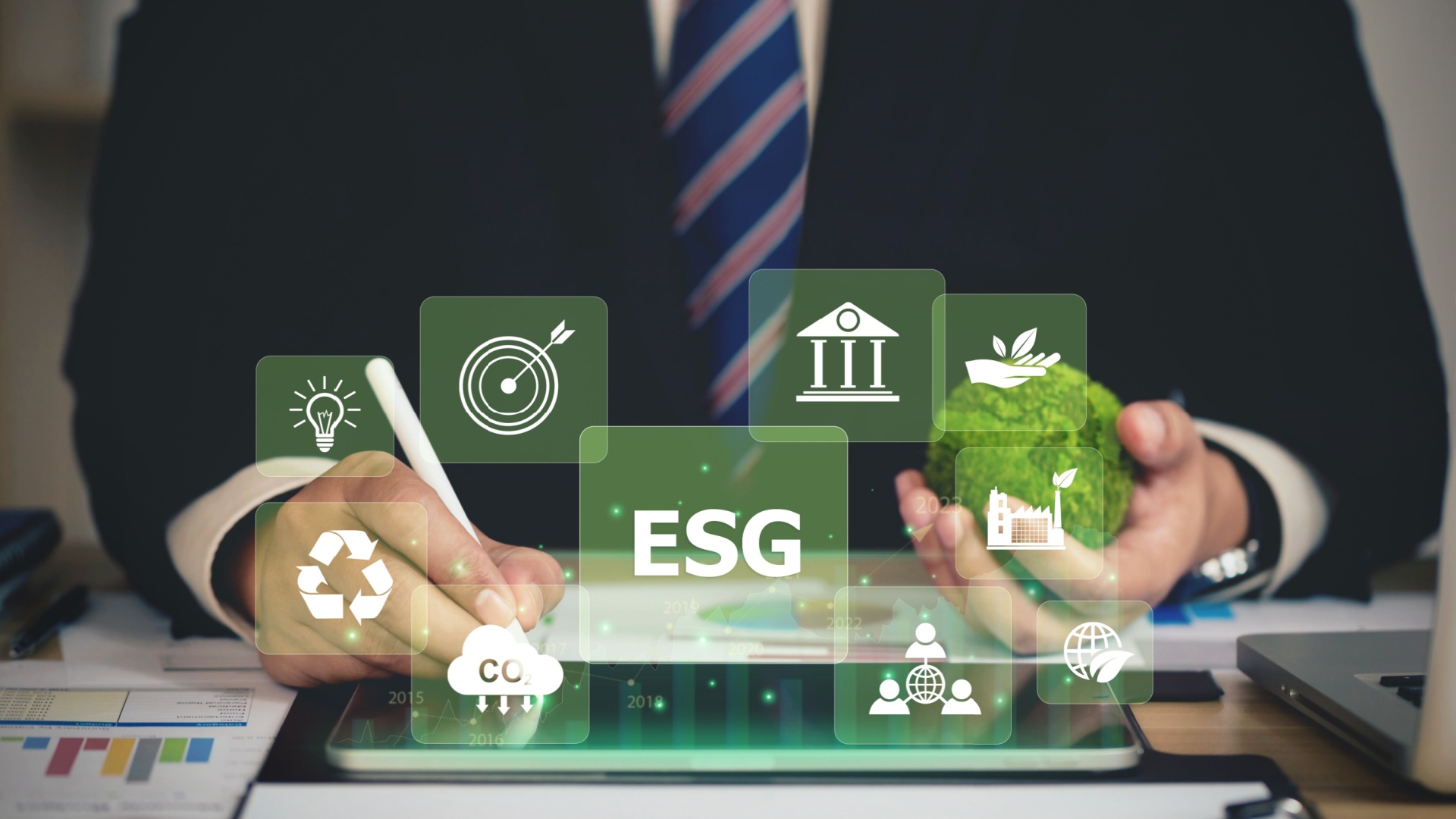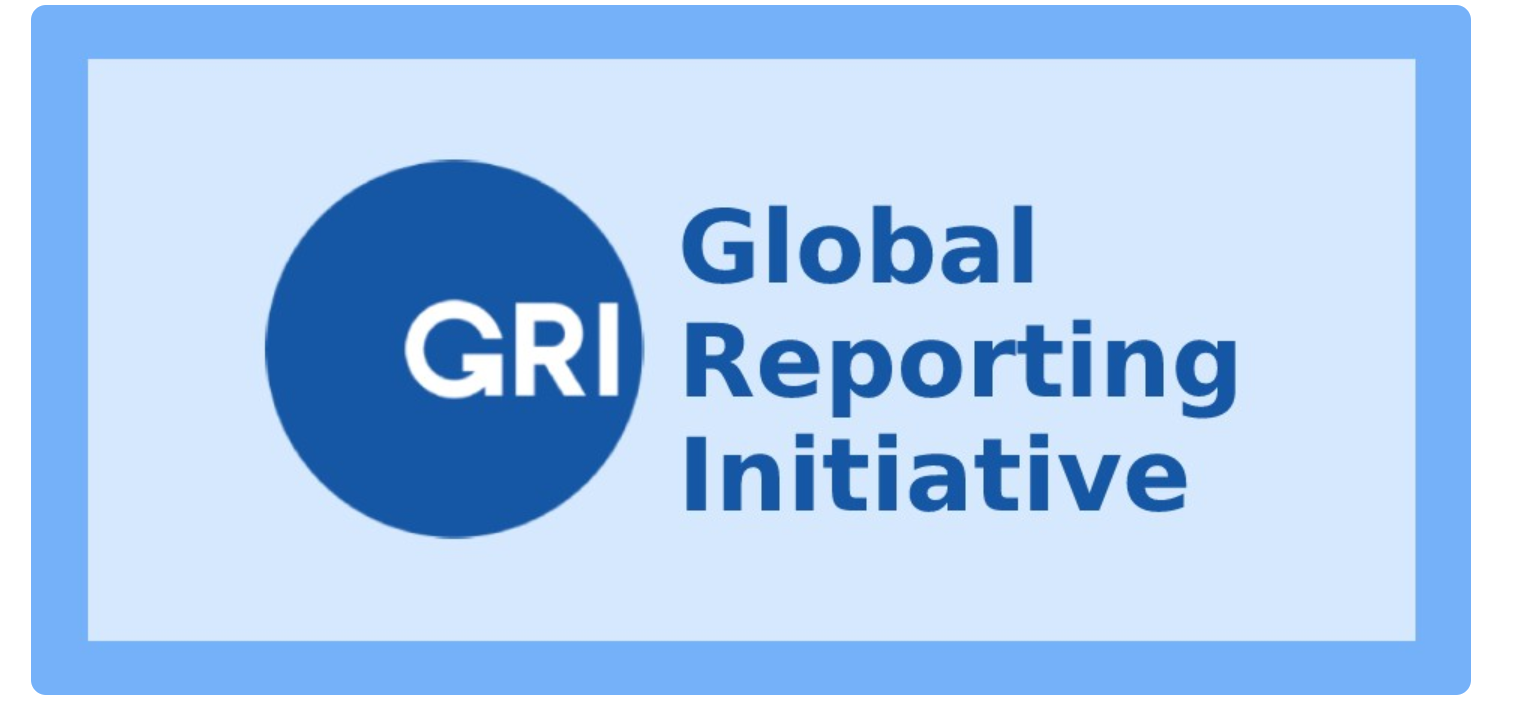
What Is ESRS and How Will VSME and LSME Standards Impact SMEs?
Discover how the European Sustainability Reporting Standards (ESRS) VSME and LSME frameworks are transforming sustainability reporting for SMEs.
Policymakers in Europe, the United States, and Asia have embraced policies aimed at providing more transparency in environmental performance.
In this context, it will be crucial for anyone doing business to adapt their strategies to the new directives, outlining goals for future sustainability, and turning them into an opportunity to differentiate and improve the appeal to clients, stakeholders, and investors.

Discover how the European Sustainability Reporting Standards (ESRS) VSME and LSME frameworks are transforming sustainability reporting for SMEs.

An easy 5-step guide to running CBAM calculations, staying compliant, and avoiding costly fines, all while enhancing sustainability efforts globally.

What’s CBAM Regulation and how is it going to be applied to importers and exporters? Find out how this mechanism will transform global trade.

Learn about CSRD reporting, a critical directive shaping corporate sustainability reporting in the EU, including its requirements and impact on businesses.

As matter of facts EU CSDDD will affect companies, but how is this going to happen? Here you can find the answer

We are glad to announce that the European Commission has officially adopted the European Sustainability Reporting Standards (ESRS) as of July 31st, 2023.

Companies are increasingly expected to demonstrate responsible environmental practices and transparency in their operations to comply with regulations and stakeholders’ increasing requests. Environmental Regulations and Standards encompass a wide range of areas, including emissions control, waste management, resource conservation, and pollution prevention.

Sustainability reporting has become one of the most relevant practices for organizations willing to prove their value to stakeholders also through their commitment to ESG considerations and environmental issues. There are several sustainability reporting frameworks available to executives, including a few that have become widely used and are backed by international organizations. It is a rapidly evolving set of choices, as an analysis by the Harvard Business review has pointed out. In this context, GRI standards are designed to be an easy-to-use modular set, delivering an inclusive picture of an organization's material topics, their related impacts and how they are managed.

In the early days of sustainability, many companies viewed it as a regulatory compliance issue. Businesses would do the minimum required to meet environmental standards and then move on, without giving much thought to how sustainability might actually benefit their operations.

GRI (Global Reporting Initiative) is the independent, international organization that helps businesses and other organizations take responsibility for their impacts, by providing them with the global common language to communicate those impacts. It provides the world’s most widely used standards for sustainability reporting – the GRI Standards.